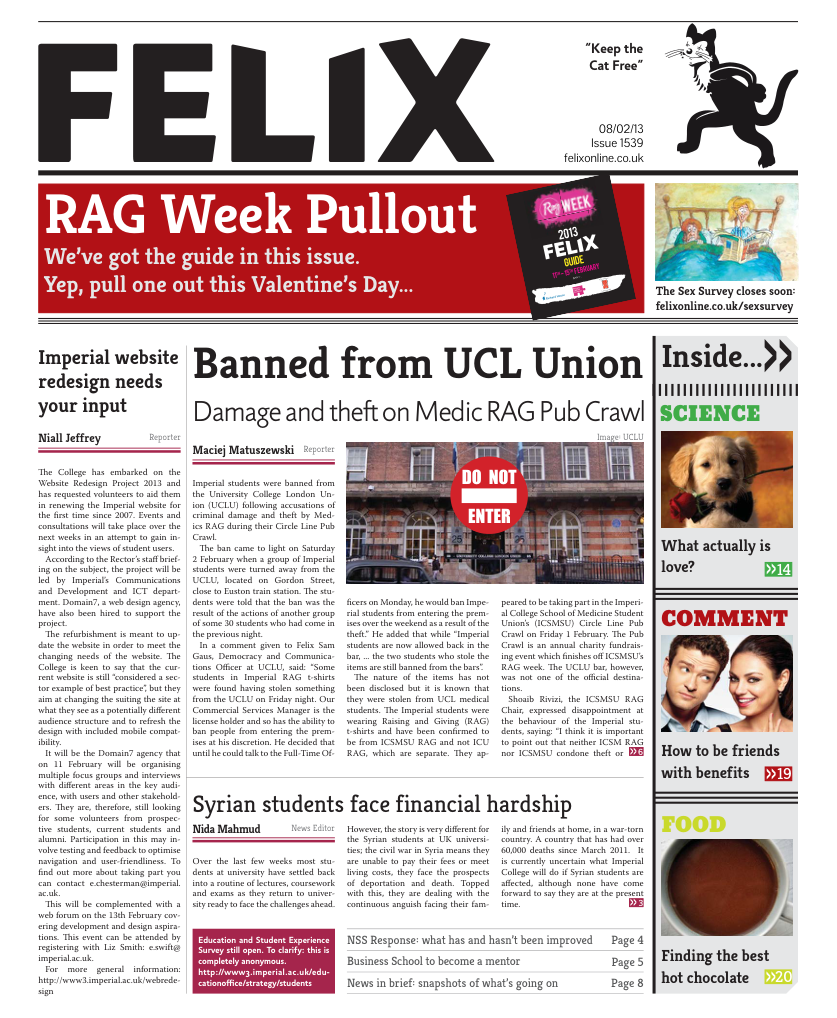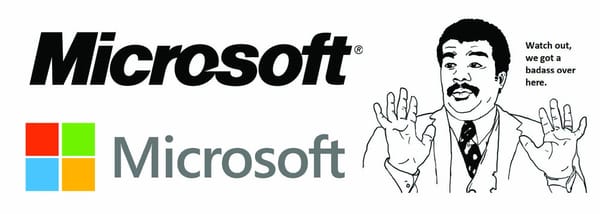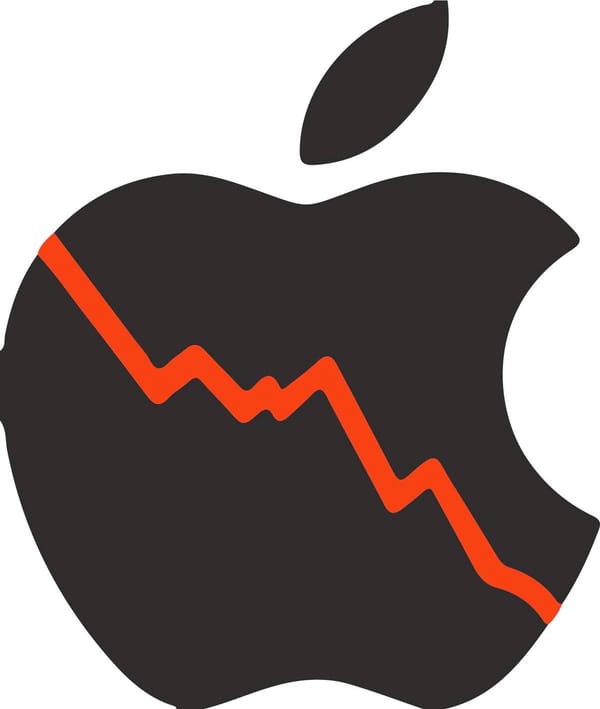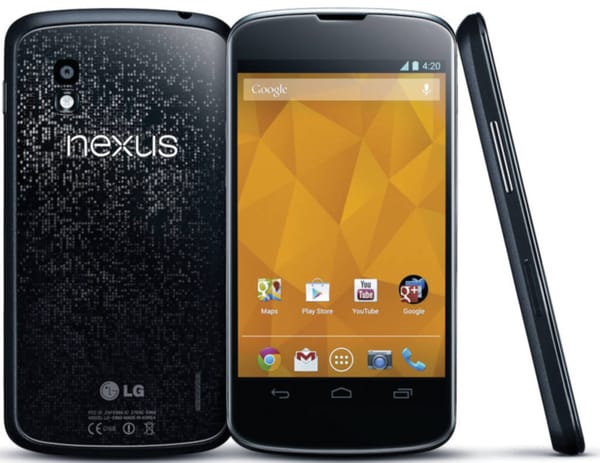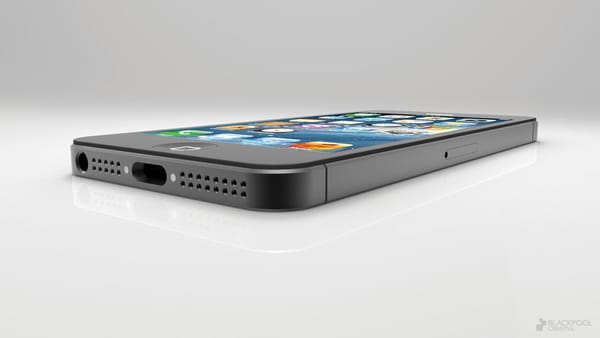Crackberry or Crapberry?
Maximilian Eggl looks at the fortunes of a different fruity company
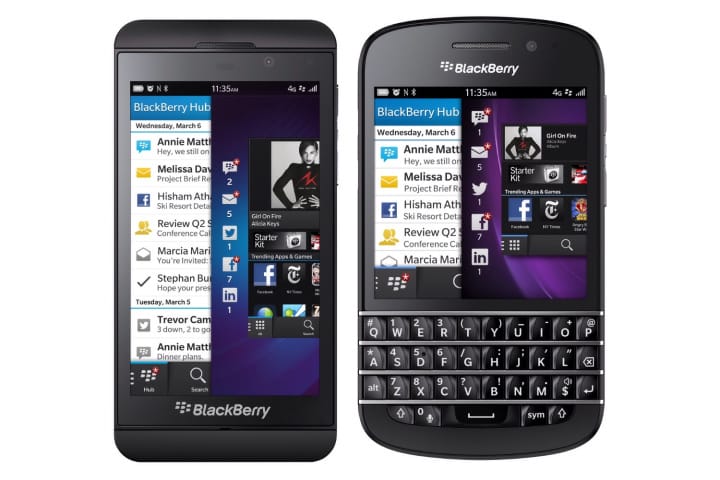
Back in the early days of mobile electronics, a BlackBerry phone was the thing to have. The first true smartphone, BlackBerry (formerly known as RIM), was the first company to really attempt to make a really portable computer. With the miniature keyboard, BBM, Mail services etc, it really was a success in the corporate market, as well as with the general consumer. However with the advent of the touchscreen based smartphone, BlackBerry failed to keep up with the market. In fact over the last 5 years their stock has shed more than 90% of its value, wiping roughly 70 billion dollars of the value of the company. They have released several failures, most notably the Playbook and in general have been making losses the last few quarters. Even their core business, the corporations and governments have started to drop them in favour of Apple, Android and Microsoft.
Now after a long delay, the lauded saviour of the company, BlackBerry 10 has been released (30th of Jan). A complete overhaul from the previous OS based on the software of the company QNX software systems, it has the job of save the failing Canadian tech company. Available for all future BlackBerry devices, as well as the Playbook Tablets, hopefully allowing them to achieve their full potential. This OS released with the Z10 phone, which has no physical “home button”, means this OS is very gestured reliant. If BlackBerry decide to license (a first for the company) BB10 to other companies, this may or not affect if those devices have physical buttons. The vast majority of actions are taken care of with swipes and flicks, with the tech giant having called this “feature” Flow. While certainly innovative, it is a bit of a steep learning curve for those of us who like the occasional button on their phones. The standout features of BB10 include “Active Frames”, similar to Windows 8 tiles, where a “preview” of the app with live info is displayed, as well as “peek”, a window with all your notifications which is in fact seems very similar to the notifications centre in iOS. There are several other features, including a brand new Camera app, browser and new BBM. However all these things don’t really feel new, as most have been seen either on Android, iOS or Windows 8. The only thing that really stands out for me is flow, and I can’t wait to get a hands-on with that to see how it works. Lastly concerning the OS, BlackBerry have now rebranded the app store, calling it BlackBerry World. This store now has roughly 70,000 apps with more coming every day due to the tech company’s increased encouragement in making apps for BB10 (e.g. Portathons for developers)
The vast majority of actions are taken care swipes and flicks
As well as releasing a new operating system, they released two new devices, the Z10 a full touchscreen phone as well as the Q10, which remains in line design-wise like its predecessors. The Z10 looks like a beautiful phone, with a powerful processor and generally good specs. However, I do agree with some critics, that although well designed, it does look similar to most smartphones out there. This will make it harder for the average Joe to pick it out of the multitude of other devices. However recent sales figures in the UK have beaten expectations, with the white Z10 being sold out quite rapidly.
The Q10, release date purported to be mid-2013 on the other hand is vintage BlackBerry, with its instantly recognisable keyboard. It also has a touchscreen, similar to the Storm. With quite respectable specs, I can see this phone being quite a hit. All in all the Z10’s task to attract attention back to BlackBerry, and get with the times, while the second is more of an offer to the corporate world as well as the hardcore fans.
The big question is if the Canadian Tech company can slow the descent, and return to the world stage of the big phone makers. The delay with the release BB10 did not help, as expectation of the new products has just risen as well as pressure on BlackBerry. The OS does seem promising, and the two new phones look good on paper, yet it may be a case of too little, too late. While some critics have been praising the bold steps that BlackBerry are taking, others are not that optimistic citing a strong opposition in the smartphone market. Investor confidence is very low, with the stock price sinking immediately after the new product release. However things do seem to be on the up. After the Super Bowl ad (the first in the companies history), the stock has risen, and the new products have been quite a success. Could this be the start of a long and arduous journey for BlackBerry’s back to the top?

